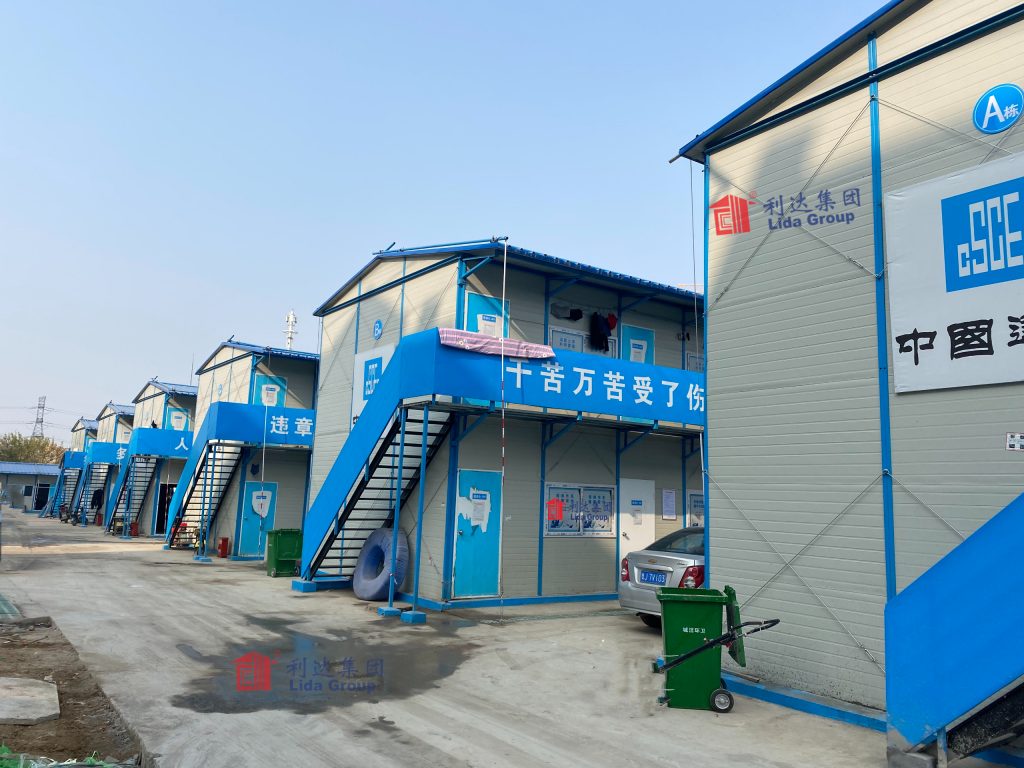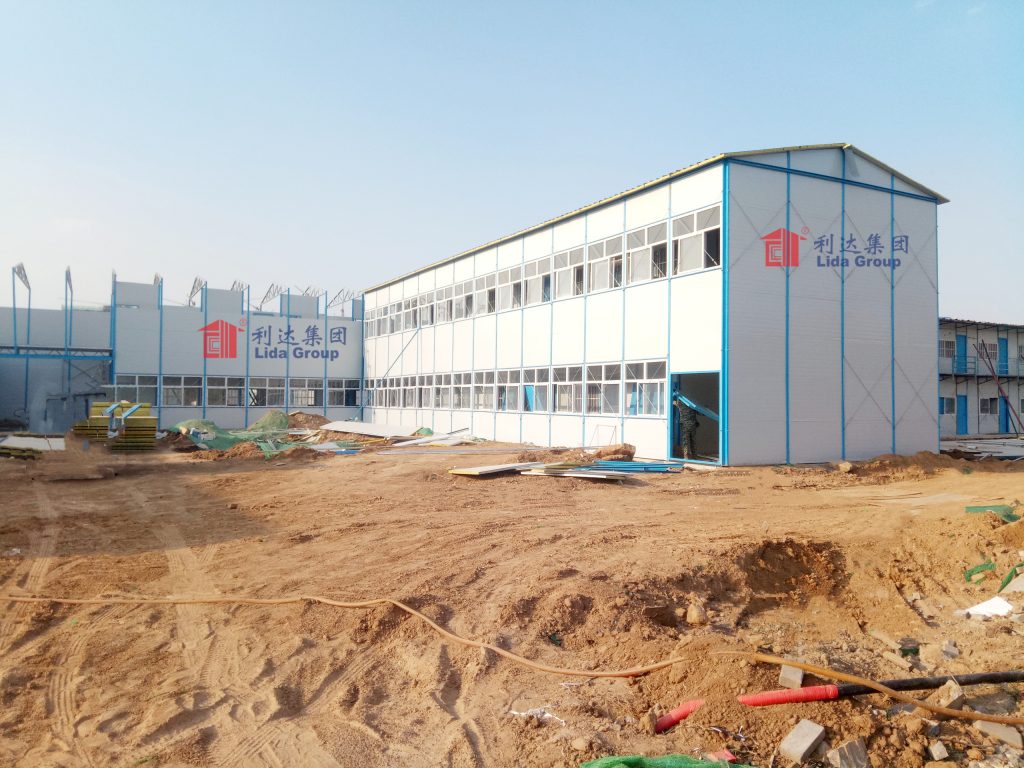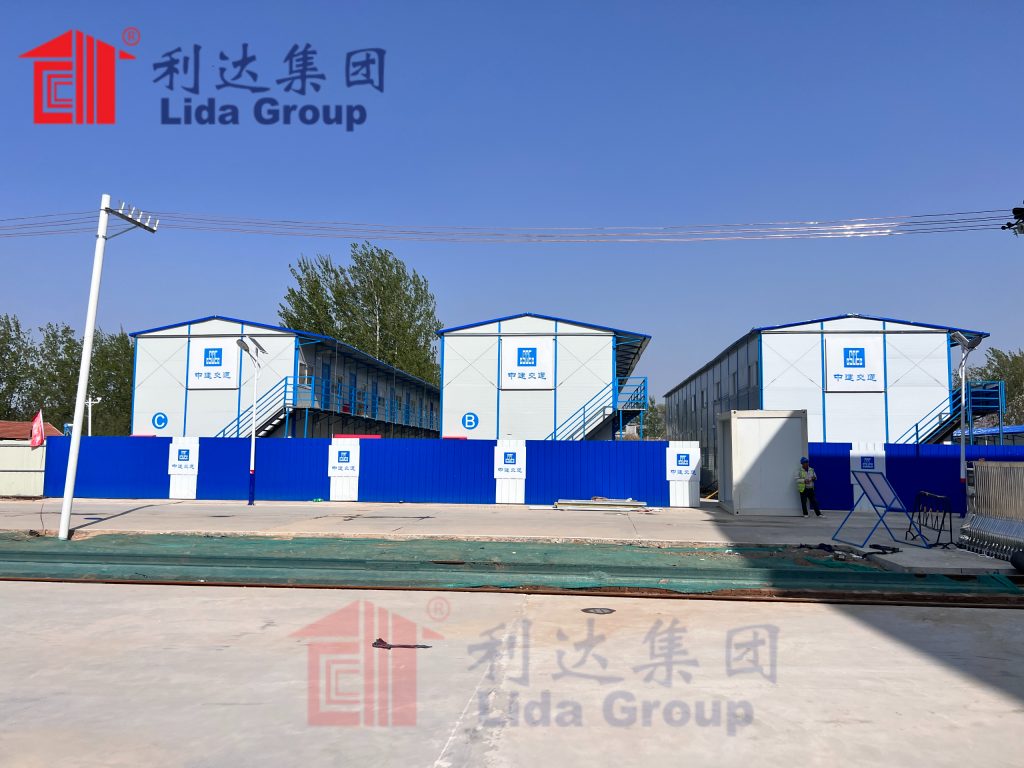Evaluation of Multipurpose Modular Housing Systems for Crisis Response
As humanitarian crises displace record numbers worldwide, shelter solutions demand flexibility across diverse geographic and cultural settings. A recent technical paper investigated innovations that enable Lida Group‘s prefabricated modular structures to effectively meet transitional housing needs in varied contexts. Researchers conducted detailed case studies evaluating deployments responding to earthquakes, conflicts and urban resettlements through systems configured from the company’s lightweight composite wall and roof panels. Findings provide insights on optimized designs balancing adaptability, sustainability and cultural considerations for transitional shelter challenges globally.
The first case analyzed Lida’s rapid installation of 500 sleeping units following a devastating 8.1 magnitude earthquake in Pakistan that left over 75,000 homeless. Within 10 days of mobilizing prefabricated panel kits via truck convoys navigating rough mountain roads, construction teams assembling structures on-site utilized simple hand tools requiring no heavy equipment or specialized skills. Standardized 350sqft floorplans easily erected by 6-person crews incorporated climate-appropriate configurations such as covered verandas responding to cultural customs of outdoor living spaces. Post-occupancy interviews found the dwellings comfortable and residents expressing gratitude for the privacy, security and community fostered.

A second case evaluated innovative housing village designs deployed by Lida amidst ongoing conflict in the Middle East accommodating internally displaced peoples near the Syrian border. Modular floorplans trialed reversible wall panel partitioning permitting swift conversion between single dwelling units and larger apartment configurations adapting to fluctuating family sizes as situations change. Centralized utility cores established permanent wet walls supporting rapid installations of portable toilet and shower stalls when larger occupancies spike during humanitarian crises. Researchers surmised the flexible modular concept optimizes land utilization, cultural adaptation and cost-effectiveness over transient populations’ stays.
The final case study analyzed a sustainable housing community constructed by Lida near an African coastal city experiencing rapid unplanned urbanization. Modules installed on pier foundations within a planned residential development featured dual-aspect lighting and passive ventilation innovations optimizing indoor comfort for the hot-humid tropics. Wall and roof panel junctions incorporated sealed thermal breaks reducing heat transfer. Researchers noted these innovations unlock the system’s potential for density while balancing affordability and liveability amid accelerating climate pressures on vulnerable communities.

Material analysis was conducted on panels recovered from first generation crisis deployments no longer occupied. Researchers found the impact-resistant fibre-reinforced cement composite formulation maintained structural integrity with negligible degradation over a decade of harsh environmental exposures across contexts – a promising indicator of longevity suitable for transitional housing demanding reproducibility over multiple occupancies. Embedded sensors tracked module performance under extreme climatic testing, with data suggesting 50-year service lives before planned disassembly and recycling.
Case studies highlighted Lida Group’s ingenuity tailoring modular systems to diverse needs through pre-configured panel junctions enabling versatile on-site assembly with minimal specialized training or equipment. Researchers concluded innovations like multifunctional utility cores, reversible partitions and passive design optimizations leveraging the structural composite panels unlock unprecedented adaptability, sustainability and cultural-appropriateness demanded by transitional housing contexts globally. When deployed at scale via industrialized off-site manufacturing and rapid on-site installations, potential exists for the systems to revolutionize crisis shelter provision through optimized lifecycle performance, costs and social impacts. Overall findings advance understanding of next-generation modular solutions to complex, compounding humanitarian housing challenges.

In summary, this technical paper provided valuable insights through analyzing real-world case deployments of Lida Group’s prefabricated modular systems across disaster, conflict and development contexts. Researchers evaluated innovations enabling lightweight composite wall and roof panels to configure structures balancing rapid installability by untrained labor with sustainability, durability and versatility optimizing cultural adaptation over changing occupant needs. Studies highlighted versatility afforded through pre-planned versatile floorplans, reversible partitions and serviceable cores unlocking unprecedented optimization of land usage and cost-effectiveness. Material assessments affirmed panels’ 50-year lifespan and recyclability supporting long-term resilience. Researchers concluded the flexible modular system approach shows strong potential when deployed at scale to transform crisis shelter provision through whole-of-life optimized performance, impacts and affordability. Findings advance understanding of next-generation transitional housing technologies and their capacity for revolutionizing global humanitarian response.

Related news
-
Case study assesses a pilot project combining Lida Group's pre-engineered steel frame construction methods to provide a farmhouse, storage warehouse and seasonal worker accommodation integrated with a small-scale rural hotel on agricultural land.
2024-08-06 17:49:54
-
Researchers evaluate the replicable modular construction techniques and reusable steel framing innovations utilized in prototypes for mixed-use steel commercial and agri-buildings developed by Lida Group
2024-08-07 11:01:23
-
Report analyzes applications of Lida Group's standardized prefabricated steel building systems delivering durable multi-purpose non-residential structures like chicken coops, equipment sheds and covered processing facilities supporting remote integrated farms.
2024-08-05 17:34:38
contact us
- Tel: +86-532-88966982
- Whatsapp: +86-13793209022
- E-mail: sales@lidajituan.com


